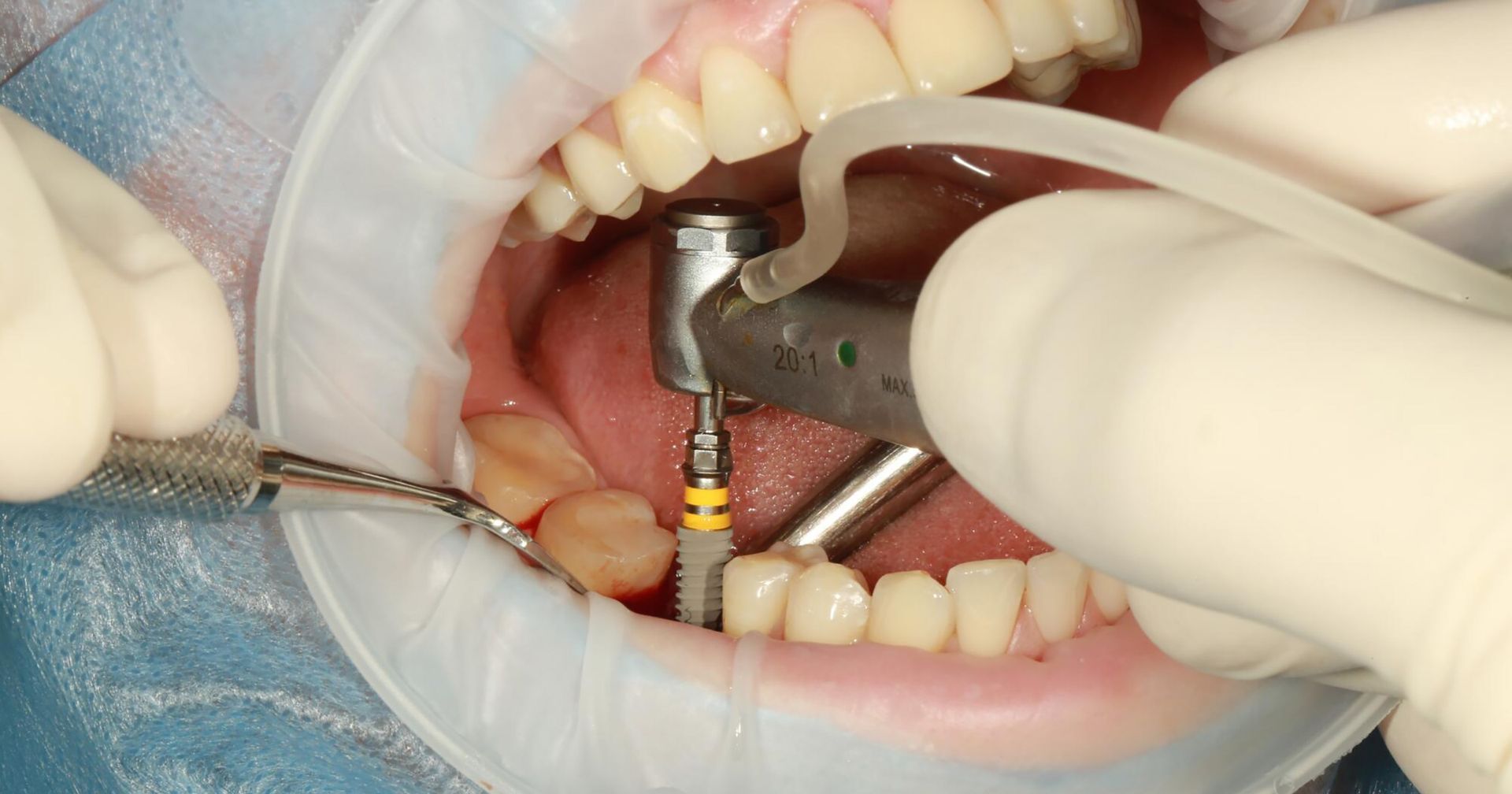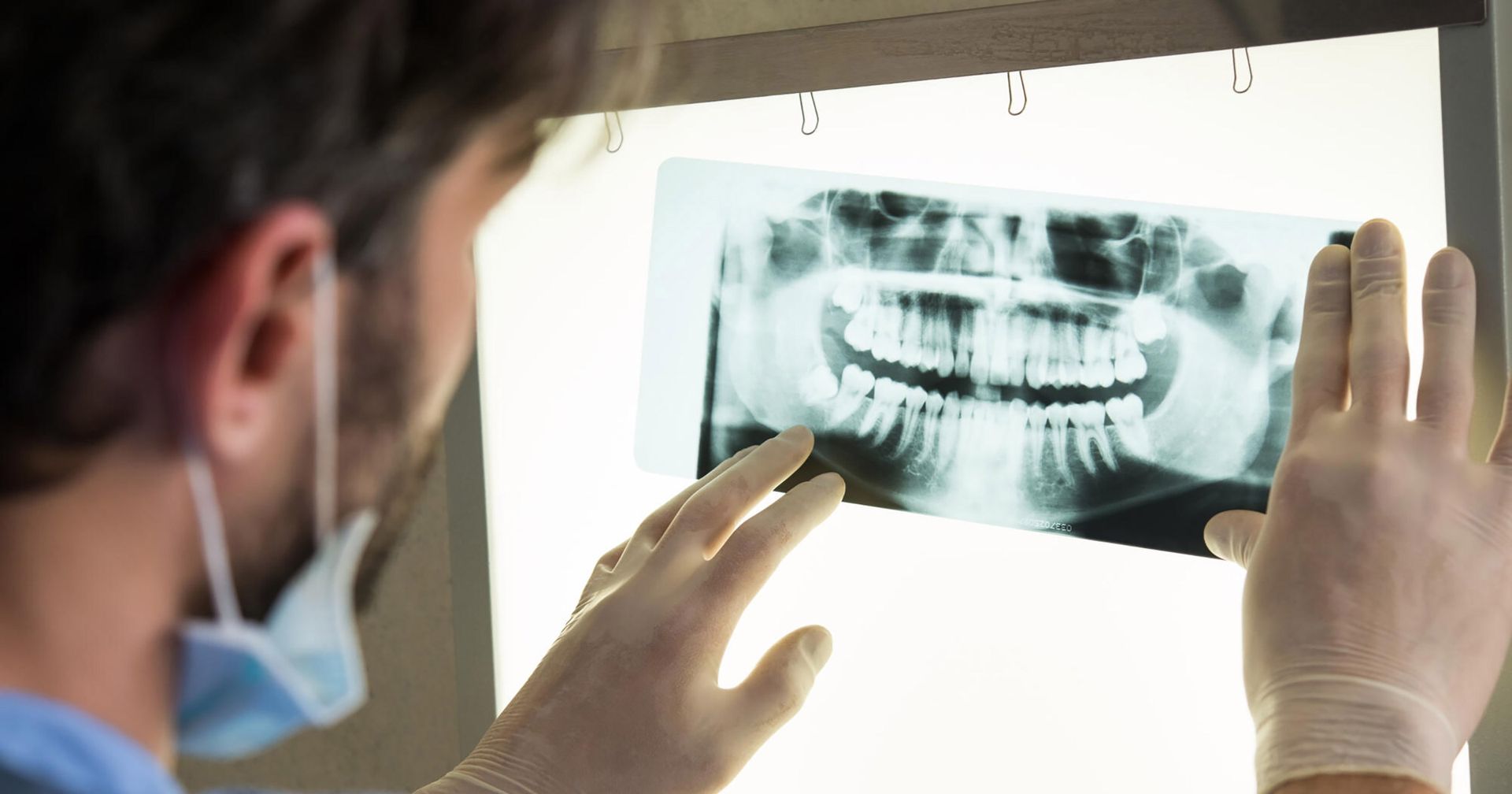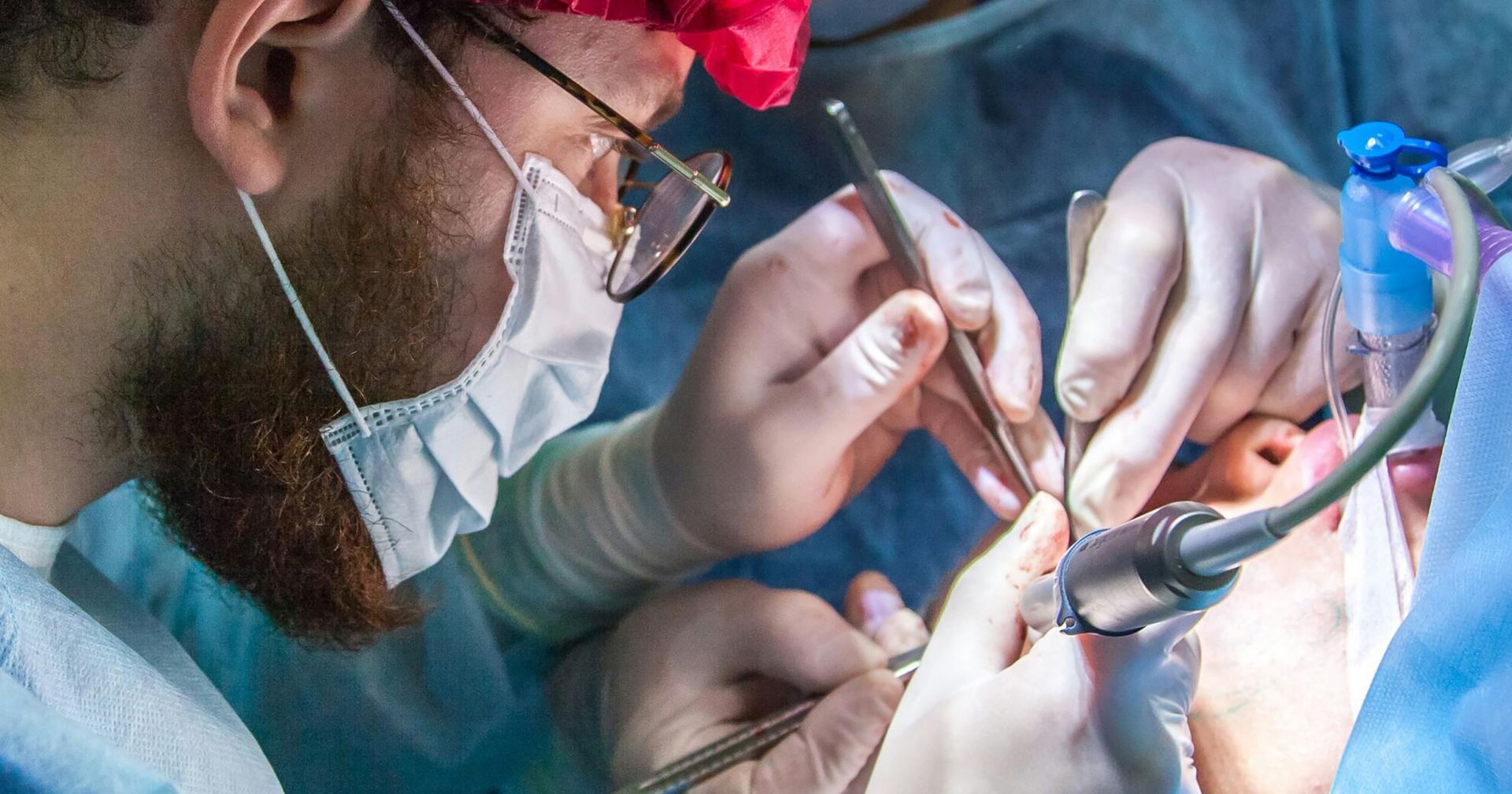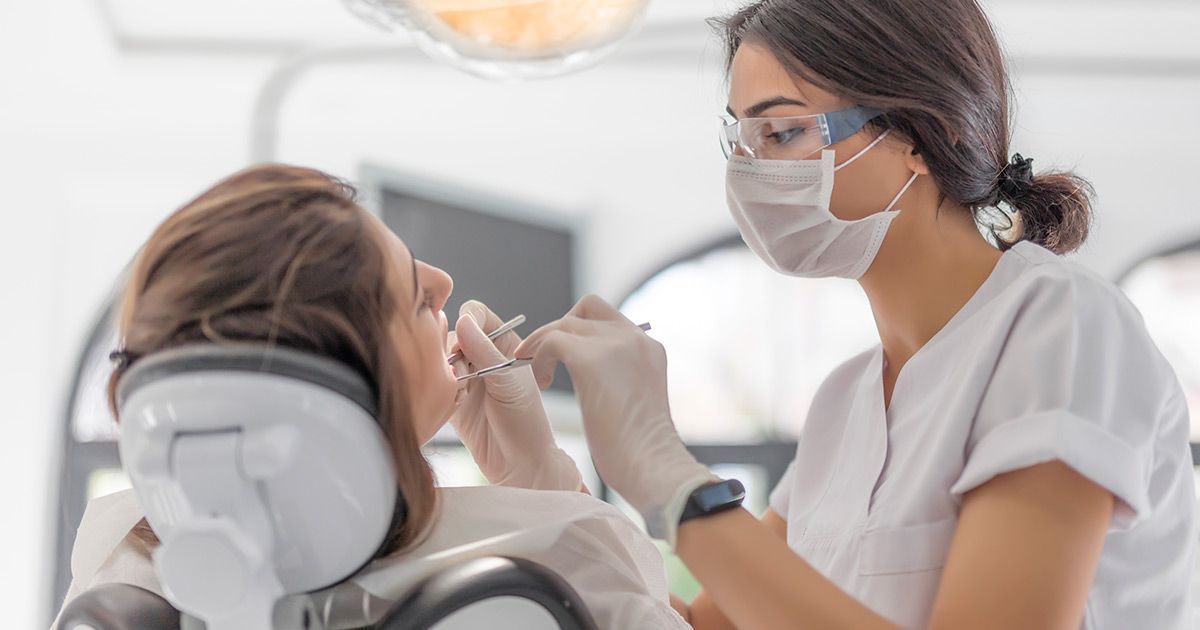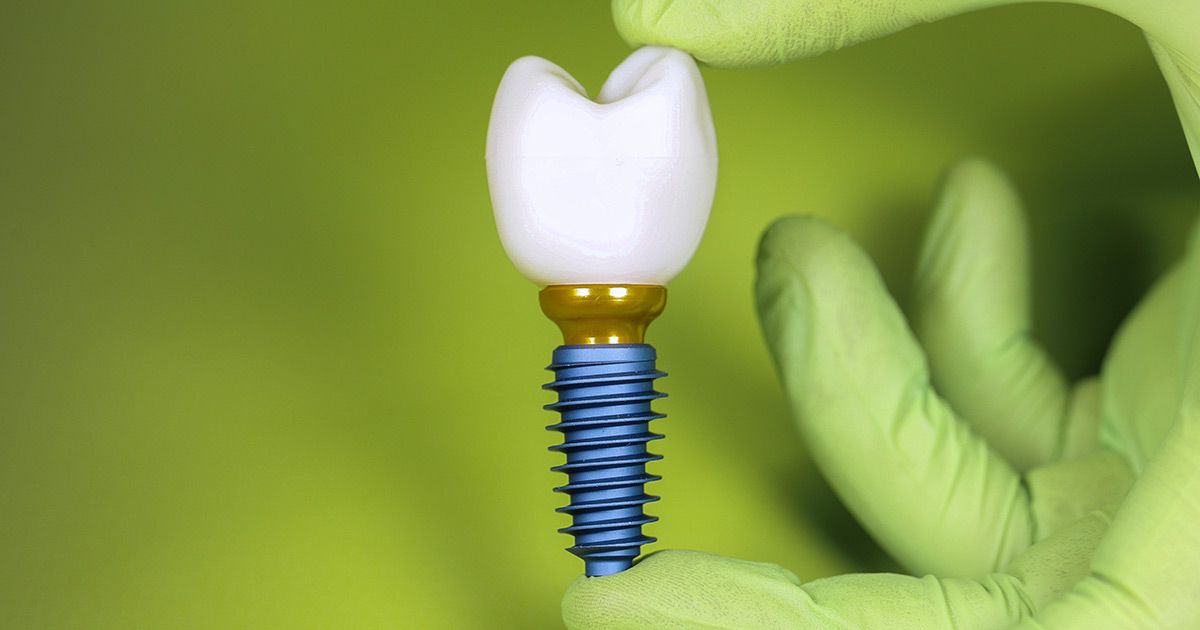How Does Sugar Affect Your Teeth?
Are you worried about your sugar intake? Read on to find out the effects of sugar on your teeth and how a dentist in South Philadelphia PA can help.
The next time you visit the dentist in South Philadelphia PA, they might tell you that you've had too much sugar lately. It's something we hear all of the time, and few of us know the real reasons why sugar affects our teeth in negative ways.
Understanding why sugar is bad for our teeth might help you to change your habits for the sake of your oral health. We're going to take a look at some sugar and teeth facts today, giving you a little insight into why it's best to avoid excess sugar.
Hopefully, the ideas below will help you understand your oral health so that you can work to preserve it. Let's get started.
What Does Sugar Do to Teeth?
Let's start by thinking about how much sugar is contained in the foods we eat. It's not just the obvious culprits like soda and candy that pose a threat to us.
Exorbitant amounts of refined sugar are in almost everything we eat. One gram of sugar is about the size of a quarter-sized spoonful on a flat surface. One teaspoon of sugar is roughly four grams.
Naturally, sugar dissolves and breaks down into the foods we eat so we don't see very much if any of it. That's why it's so easy to forget that two tablespoons of barbecue sauce have around 16 grams of sugar.
A half-pint of most ice creams contains over 50 grams of sugar. Even a single serving of apple sauce contains around 20 grams of sugar. When you understand how sugar interacts with your teeth, you might take a whole new approach to your diet and its ingredients.
Why is sugar; a seemingly harmless ingredient, so terrible for your oral health, though?
Bad Bacteria Love Sugars
Our mouths are stuffed with all kinds of bacteria. Many of those bacteria are good for us and our bodies require them to survive. On the other side of things, there are also a lot of bacteria that harm us.
In a healthy body, the battle between good and "evil" bacteria isn't a fair one. There are so many healthy bacteria that the bad stuff gets overpowered. When we introduce agents that fuel harmful bacteria, though, we start to see the battleground shift away from the good guys.
There are two primary harmful bacteria in our mouths, Streptococcus sorbrinus and Streptococcus mutans. These bacteria feed on sugar. We can see these bacteria as they form small colonies that we refer to as "plaque."
The next time you see some plaque on your teeth, you might be quicker to brush when you remember that it's a colony of living microorganisms using you as a host. Plaque colonies fuel benefit from sugar and they break it down to survive.
Acidic Byproduct
When plaque consumes sugar, it produces an acidic byproduct that alters the pH levels in your mouth. That acidic substance also works to wear away at the enamel of your teeth.
Enamel is essential because it provides a protective coating for your pearly whites, allowing them to tolerate whatever substances come into your mouth. Enamel also serves as temperature protection for your teeth. The final touch, and the one that we appreciate most, is the fact that enamel is the whitest and shiniest aspect of the tooth.
When it starts to erode, you lose that aesthetic effect as well as the other protective measures that it provides. As the acid starts to wear away at your teeth, it will contribute to small holes in the enamel that form into cavities.
The effects of sugar on children's teeth might be even worse because their teeth aren't strong enough to fend off the levels of sugar that the average American adult consumes.
The Negative Consequences
As we mentioned, loss of enamel and the formation of cavities are the starting points of the vicious cycle of sugar consumption.
There's a double-edged sword that starts to present itself after that point. Cavities are difficult to access in oral hygiene routines. They're also warm, wet, perfect environments for plaque to settle into.
Remember, black is negative bacteria and it will reproduce wherever and however often it can. As it spreads into our teeth and gums, it contributes to gum disease, further decay, and even heart disease in extreme situations.
The other side of the sword is that our oral health declines as the pH levels in our mouths become more acidic.
The growing bacteria colonies outmatch the protective qualities of our saliva and enamel. The rate of growth accelerates as our teeth decay more and more.
It's a vicious cycle that results in costly dental procedures, painful teeth, unhealthy gums, and even tooth loss.
How to Fight Poor Oral Health
The first thing to do when combatting this process is to focus on your oral health routine. Be sure that you're brushing and flossing every morning and night. Flossing, in particular, breaks up those colonies of bacteria and makes them vulnerable to your saliva and other healthy oral agents.
Even if you eat high amounts of sugar, an excellent oral routine should help to eliminate most of the harmful bacteria that are building up in your mouth. Next, look at your diet and examine which sugary foods you consume the most.
You might be surprised by the level of sugar you consume and the way your diet is affecting you. In some cases, you could have to rework almost your entire diet.
A trip to your dentist in South Philadelphia PA is a great place to start if you're curious about the state of your oral health. They'll take a look and let you know where you can improve.
Looking For a Dentist In South Philadelphia PA?
There's a lot to learn about the interaction between diet, oral health, and overall health. We're here to help you learn more about your teeth and find a great dentist in South Philadelphia PA.
Contact us to set up an appointment, learn more about sugar and cavities, or better understand tooth decay.

